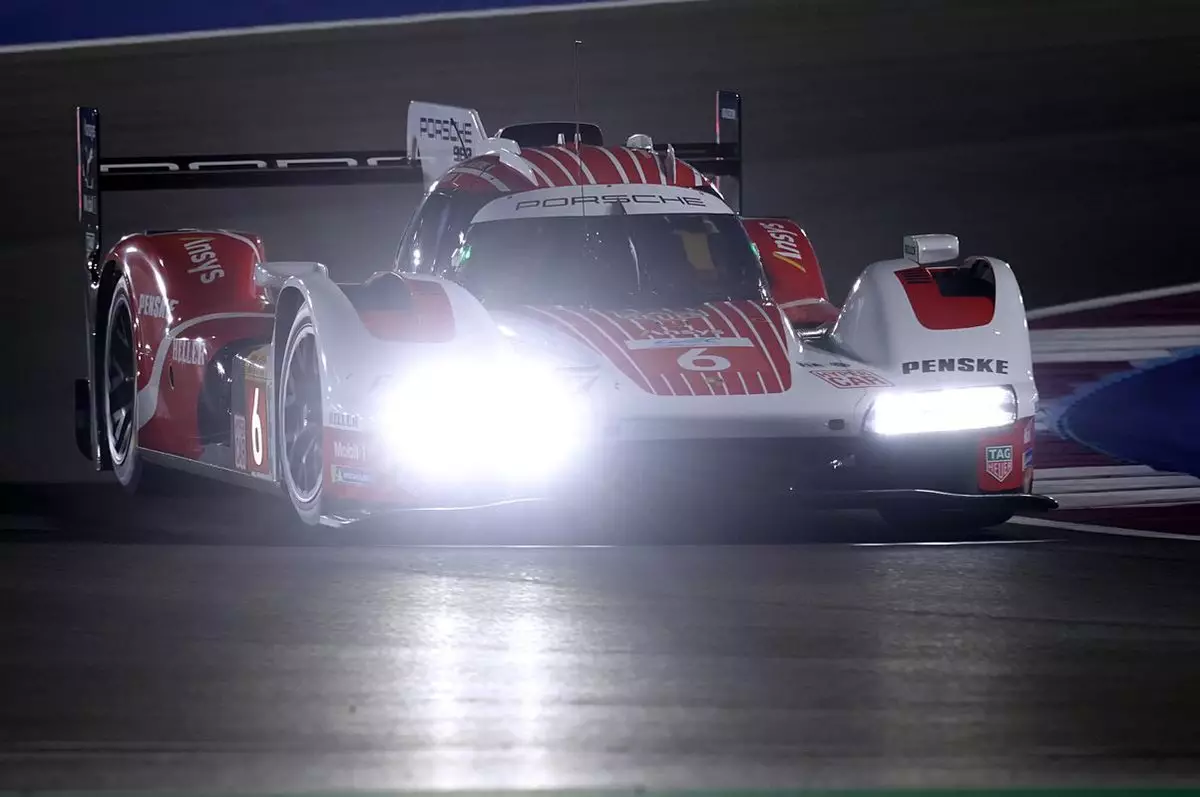The decision to delay an update on the Porsche 963’s 4.6-litre twin-turbo V8 engine was not taken lightly, as it involved discussions with key stakeholders in the World Endurance Championship (WEC) and the North American IMSA series. The FIA and the Automobile Club l’Ouest, in conjunction with IMSA, set strict timelines for the engine’s debut, demanding that it be ready for the Imola WEC round in April to assess its performance before the prestigious Le Mans 24 Hours in June. However, Porsche’s project chief Urs Kuratle revealed that the endurance testing required for homologation and the production of enough units for both the factory team and customer teams would not have been feasible within this timeframe.
According to Kuratle, the governing bodies were adamant that the new crankshaft configuration had to be implemented before Le Mans, presenting a significant challenge for Porsche. The conflicting schedules of the Imola WEC round and the Long Beach IMSA SportsCar Championship event made it even more difficult, as the engines would have to be converted for both series’ cars to comply with the LMDh ruleset, which allows for only one homologation. This meant that all cars had to run the same specification at all times, adding to the complexity of the situation.
Despite the setbacks, Porsche’s concerns over hybrid system reliability were partially alleviated by the successful introduction of the latest LMDh hybrid system at the Daytona 24 Hours. The decision to revise the engine, switching to a 90-degree configuration from a 180-degree one, was primarily aimed at reducing vibrations in support of the hybrid system. Kuratle highlighted the positive progress made with the new hybrid version and emphasized that the reliability shown at Daytona played a crucial role in the decision-making process.
While the engine revisions are still part of Porsche’s plans for the season, Kuratle stressed that a definitive timeline had not yet been established. The focus now is on completing the pre-Le Mans endurance testing with the existing engine before committing to any updates. The possibility of the engine update counting as one of the performance upgrades allowed to manufacturers in the LMDh or Le Mans Hypercar categories remains unclear, as approval from the rulemakers is required.
The decision to delay the update on Porsche’s 963 hybrid engine was influenced by a combination of logistical challenges, regulatory demands, and concerns over reliability. While the revised engine configuration holds promise for improved performance and reduced vibration, the decision-making process was complex and involved multiple stakeholders. Porsche’s commitment to ensuring the reliability and competitiveness of its racing program remains unwavering, despite the hurdles faced in the development process.


Leave a Reply